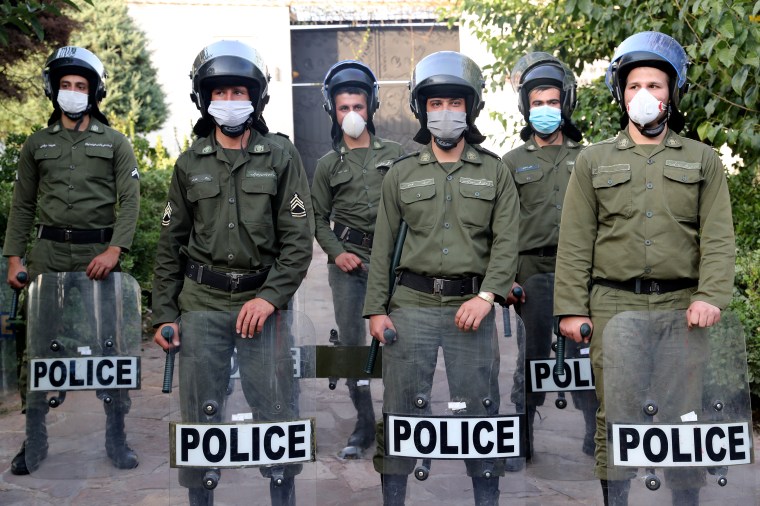Washington, D.C., August 10, 2021 – Iranian authorities should not subject journalists Sharam Amjadian and Morteza Haq-Bayan to imprisonment or lashes, and should stop prosecuting members of the press for their work, the Committee to Protect Journalists said today.
On August 3, Branch 104 of the Sanandaj Penal Court, in the province of Iranian Kurdistan, sentenced Amjadian and Haq-Bayan to 2.5 years in prison each for allegedly spreading false news, according to according to reports by the Iraqi-Kurdish human rights organization Hengaw and the exile-run Human Rights Activists News Agency.
The court also sentenced the two Kurdish-Iranian journalists, who formerly ran a news channel on the app Telegram, to receive 90 lashes each for allegedly insulting government officials, according to those sources.
The sentences will be imposed if confirmed by an appeals court, according to those reports.
“Iranian authorities should not contest the appeals of journalists Sharam Amjadian and Morteza Haq-Bayan, and must stop legally harassing members of the press for their work,” said CPJ’s Middle East and North Africa program coordinator, Sherif Mansour. “Neither journalist should spend one day in jail, and should certainly not be subjected to lashes in retaliation for their news coverage.”
Amjadian and Haq-Bayan formerly ran the Telegram channel Aamak, where they covered news in the city of Sanadaj, including allegations of mismanagement by local government officials, according to that Hengaw report. CPJ was unable to review the channel, which has been taken offline.
Islamic Republic Revolutionary Guard Corps agents initially arrested both journalists in Sanandaj on August 26, 2019, held them in solitary confinement for about two months, and then released them on bail until their trials on November 16, 2020, when they were convicted, those reports said.
Both journalists previously received suspended jail sentences of three months earlier this year as part of the same case, according to the Human Rights Activists News Agency.
CPJ was unable to contact the Iranian Kurdistan judiciary through its website, which was not functioning. CPJ emailed the Tehran judiciary for comment but did not receive any reply.
